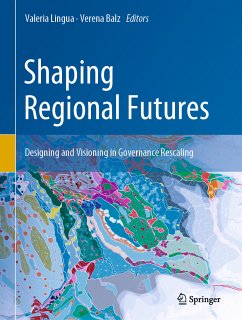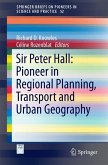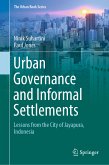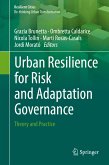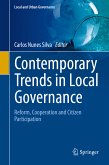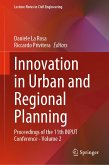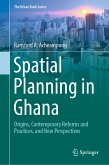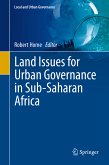When we hear terms such as city, city-region or region we rarely pay attention to the role of imagination in the formation, preservation and decline of these spatial imaginaries. Yet, imagination, as socio-cognitive function of our minds, enables us to generate images of a world that is no longer, or not yet, real; and of places that are not perceivable with our senses. This book presents a promising way forward for a deeper understanding of design as an imaginative and creative practice and its role in spatial planning and rescaling of governance. The book provides an excellent and diverse range of case studies from across Europe to show how the interrelationships between design, visioning, planning and governing are unfolded in practice.
Professor Simin Davoudi, Director of Global Urban Research Unit (GURU), Newcastle University, UK
Dieser Download kann aus rechtlichen Gründen nur mit Rechnungsadresse in A, B, BG, CY, CZ, D, DK, EW, E, FIN, F, GR, HR, H, IRL, I, LT, L, LR, M, NL, PL, P, R, S, SLO, SK ausgeliefert werden.

